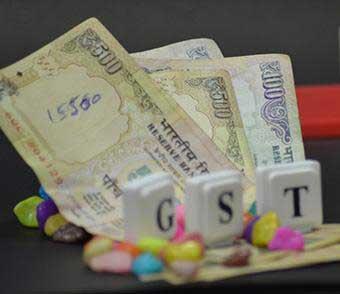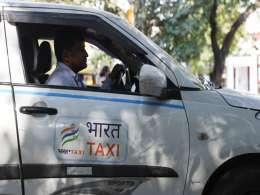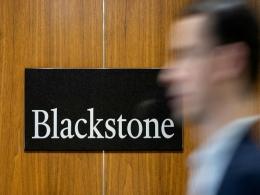The Goods and Services Tax (GST) Council, which comprises finance ministers from all states and is headed by union finance minister Arun Jaitley, begins a three-day meeting on Tuesday, ahead of the upcoming winter session of parliament. Here’s all that you want to know about what could happen.
What’s on top of the council’s agenda?
The council is meeting to decide the actual tax rate once the new indirect tax law comes into effect. It will also likely debate the question of compensation to producing states that will lose out in the wake of the implementation of the GST. Since the GST is a consumption tax, in which tax is levied when the final product is consumed, states that produce goods will initially lose out on revenue, and hence will need to be compensated for the first five years. Finally, the meeting will also look at the issue of the Centre retaining its right to assess such establishments that file service tax. Some states have opposed the Centre’s right to assess such entities.
Why has the question of tax rate become so crucial?
The question of tax rate is basically a political call that will be taken by the Bharatiya Janata Party-led National Democratic Alliance (NDA) government and opposition parties that are in power in several states. The opposition parties want the tax rate to be lower. The tax rate is also crucial as it will directly impact common people.
Can the Centre have its way in the council, even if a majority of states oppose its proposals?
Not really. Every decision of the council needs to be passed with at least a three-fourths majority. The Centre’s vote carries a one-third weightage in the council, while the states have a collective weightage of two-thirds, thus making them a formidable block. Therefore, a consensus will be the best way forward for both the Centre and the states.
Moreover, the central government would like that the issue of tax rate be resolved via a consensus as it needs to get the next round of legislations in the winter session of parliament, if the GST has any chance of being implemented by April 2017. The government would want opposition parties on its side, as it does not enjoy a majority in the Rajya Sabha, where the remaining legislations will need to be passed for them to become law.
So, what will the final tax rate likely be?
In 2015, a panel headed by chief economic adviser Arvind Subramanian had suggested that a GST in the range of 17-18% be levied on most goods, while for luxury goods, it had sought a 40% tax rate. The panel also said that for certain low-end items, the GST should be 12% and for precious metals like gold and silver, it should be between 2-6%. The principal opposition Congress party wants the tax rate to be 18%, while several states want a higher rate. The National Institute of Public Finance and Policy, a New Delhi-based think tank, has suggested a GST rate of 26%. At present, the effective tax rate on consumer products is around 30%.
By when is the GST Council likely to come to a decision?
The council is likely to discuss these issues till 20 October (Thursday) and arrive at a decision before the government can bring further legislation on the GST in November’s winter session.
Like this report? Sign up for our daily newsletter to get our top reports.








